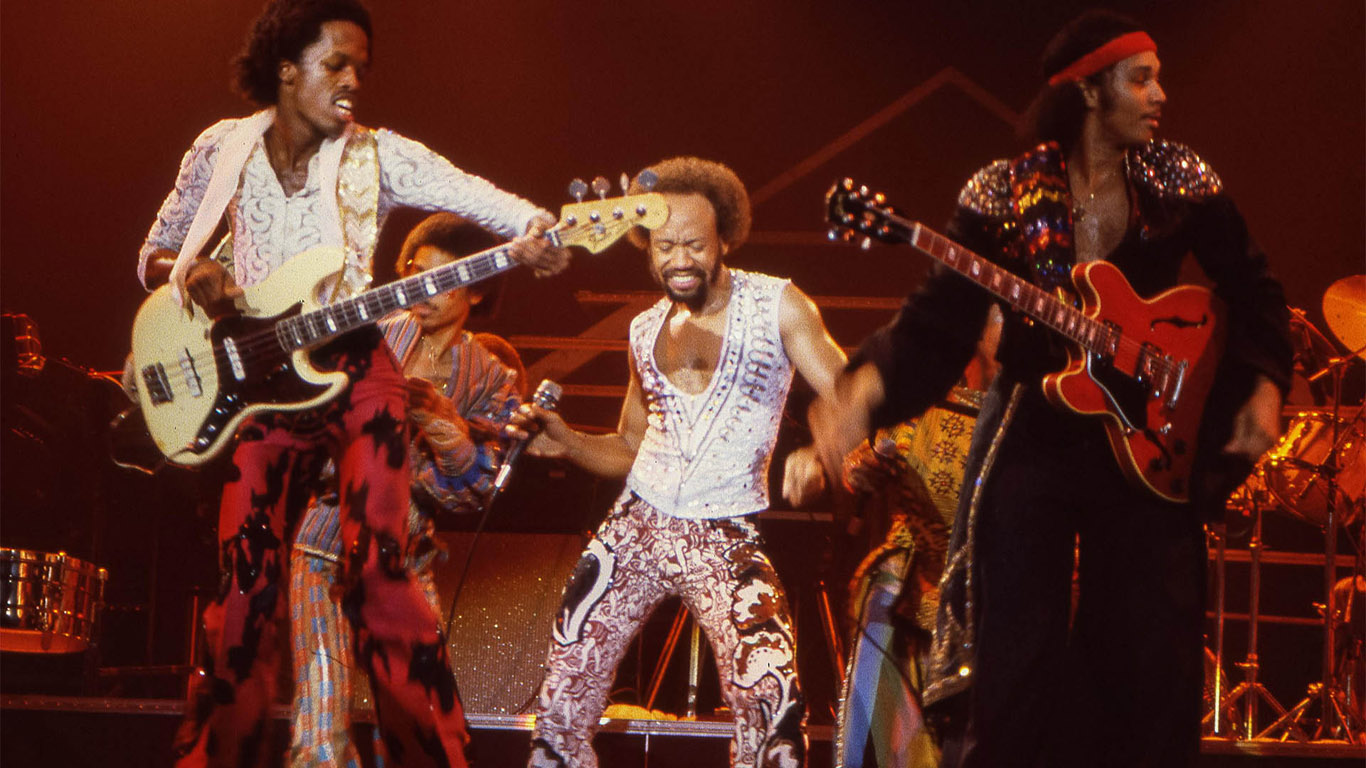`After The Love Has Gone` by Earth Wind and Fire is a smooth jazz cover track






Download After The Love Has Gone here as an MP3
Play: After The Love Has Gone
"After the Love Has Gone," a hit single by Earth, Wind & Fire from their 1979 album “I Am”, is a soulful ballad that showcases the band's musical sophistication and emotional depth. Written by David Foster, Jay Graydon, and Bill Champlin, the song is celebrated for its lush harmonies, poignant lyrics, and smooth production. Here’s an accessible breakdown of its musical elements.
Key/Tonal Center
The song is primarily in the key of A♭ major but features several key changes that enhance its emotional impact.
Chord Progressions
The chord progressions in "After the Love Has Gone" are rich and complex, reflecting its soulful and jazzy influences. Here are the main progressions
Verse:
Fm7 - B♭m7/E♭ - A♭maj7 - D♭maj7 - E♭7 - E♭/F - Fm7 - E♭/G - A♭maj7
In Roman numeral analysis for A♭ major
vi7 - ii7/V - Imaj7 - IVmaj7 - V7 - V/VI - vi7 - V/VII - Imaj7
Chorus:
A♭maj7 - Gm7 - C7 - Fm7 - B♭m7 - E♭7 - A♭maj7
In Roman numeral analysis for A♭ major
Imaj7 - vi7 - II7 - vi7 - ii7 - V7 - Imaj7
These progressions incorporate a mix of major, minor, and dominant seventh chords, creating a sophisticated harmonic texture.
Structure
"After the Love Has Gone" follows a standard pop structure with some variations
- Intro
- Verse 1
- Chorus
- Verse 2
- Chorus
- Bridge
- Chorus
- Outro
This AABABCA format allows for lyrical storytelling and musical expression, with a bridge that provides a contrasting section.
Melody/Motifs
The melody in "After the Love Has Gone" is smooth and emotive, characterized by its soulful lines that complement the rich harmonic backdrop. The vocal delivery is powerful and expressive, with Philip Bailey's lead vocals soaring above the intricate chord changes. The use of harmonies in the chorus adds depth and a sense of longing to the song.
Rhythmic Style/Meter
The song is in 4/4 time, with a slow and steady rhythm that suits its ballad style. The groove is laid-back but precise, with a smooth, flowing feel. The drums, bass, and keyboards work together to create a lush, full sound that supports the vocal lines.
Genre
"After the Love Has Gone" is a blend of R&B, soul, and pop. This mix creates a sound that is both sophisticated and accessible, appealing to a wide range of listeners.
~What Makes It Interesting?
Several elements make "After the Love Has Gone" particularly interesting
- Complex Harmony: The use of extended chords and smooth modulations adds depth and sophistication.
- Emotional Melody: The vocal lines are expressive and memorable, conveying a deep sense of longing and heartbreak.
- Rich Production: The polished production quality, with its lush arrangements and layered harmonies, enhances the song's emotional impact.
- Soulful Performance: Philip Bailey's vocal performance is a standout, with his ability to convey emotion and nuance.
Context in Music
"After the Love Has Gone" is a prime example of Earth, Wind & Fire's ability to blend pop accessibility with sophisticated musical elements. The song has influenced many artists in the R&B and pop genres and is considered a classic ballad from the late 1970s.
Chart Position and Awards
Chart Position: "After the Love Has Gone" reached No. 2 on the Billboard Hot 100 chart and No. 3 on the R&B chart.
Awards: The song won a Grammy Award for Best R&B Vocal Performance by a Duo, Group, or Chorus.
Conclusion
"After the Love Has Gone" by Earth, Wind & Fire is a masterful blend of soulful melodies, sophisticated harmonies, and polished production. Its complex chord progressions, emotive vocal performance, and lush arrangements make it a standout track in the band's catalog. The song's lasting appeal and influence underscore Earth, Wind & Fire's legacy as musical innovators, and it continues to resonate with audiences today.